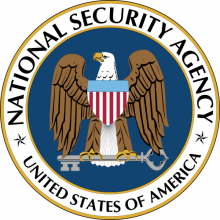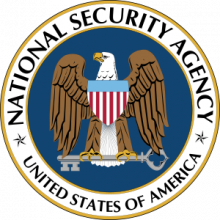Singapore, Seoul key players in 'Five Eyes' spy ring
Singapore and South Korea played key roles aiding Australia and the United States to tap undersea telecommunication cables linking Asia, the Middle East and Europe, further leaks from former US intelligence contractor Edward Snowden's documents revealed.











































































